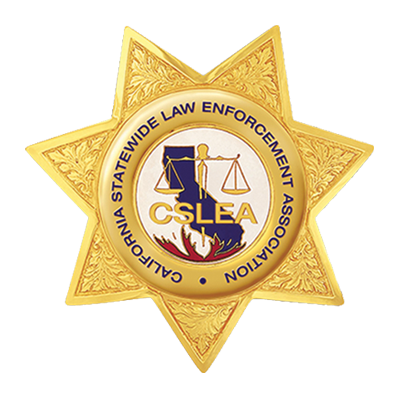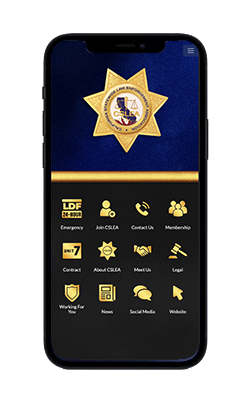 SACRAMENTO – State law makes it illegal to possess a firearm deemed to be unsafe. The Attorney General is responsible for identifying which weapons will be identified and placed on a roster of firearms which have been certified as safe. Weapons which have not been certified are referred to as non-roster. And though the non-roster weapons are technically categorized as unsafe, in reality they present no greater risk than certified firearms. In fact, numerous agencies throughout the state issue non-roster weapons to their peace officer employees.
SACRAMENTO – State law makes it illegal to possess a firearm deemed to be unsafe. The Attorney General is responsible for identifying which weapons will be identified and placed on a roster of firearms which have been certified as safe. Weapons which have not been certified are referred to as non-roster. And though the non-roster weapons are technically categorized as unsafe, in reality they present no greater risk than certified firearms. In fact, numerous agencies throughout the state issue non-roster weapons to their peace officer employees.
When the prohibition was first enacted, certain peace officers, including those employed by the Department of Justice, CDCR, CHP and local law enforcement were exempt from prosecution. Many other categories of State and local peace officers carried non-roster firearms for years even though they were in technical violation of the unsafe firearm law. The Attorney General even issued a policy letter confirming that exemption would apply to peace officers not listed in the statute.
In the past year the AG reversed course and advised it was no longer permissible for non-exempt agencies to furnish their employees with weapons which had not been certified as safe. In an effort to expand the scope of exemption, CSLEA, PORAC and State Coalition of Probation Organizations (SCOPO) co-sponsored AB 2165 (Bonta). As introduced, the bill would have been expanded to include all local and State peace officers. The bill faced immediate opposition from the Brady Campaign to Prevent Gun Violence alleging that the expansion would place more unsafe weapons in the market.
When the bill was referred to the Senate Committee on Public Safety, CSLEA and PORAC were required to identify all of the agencies that would be added to the list of exempt. The Committee advised that CSLEA and PORAC would have to pare down their lists or the bill would not likely make it out of committee. Believing that it was better to get a number of agencies added rather than have the bill die in committee, the co-sponsors acquiesced.
After passing out of the committee, the bill faced new formal opposition from other gun control groups and lobbying by a 2nd Amendment group (for the restrictions on gun ownership) and the Department of Justice (for increased administrative costs).
CSLEA President Alan Barcelona, CSLEA Chief Counsel Kasey Clark, CSLEA lobbyist Shane Lavigne and SCOPO lobbyist Albert Torrico met with the Governor’s office to illuminate how the bill was a better fix than the status quo.
To the credit in large part to the efforts of Shane Lavigne and Capitol Advocacy, the bill did not receive a single no vote in either the Assembly or Senate. On September 26, 2016, the bill was signed into law by Governor Brown. To view the bill in its final form, click here.
CSLEA President Alan Barcelona was mixed in his assessment of the passage of AB 2165: “This is a problem that was created by the legislature when the assault weapons ban was passed years ago. At that time, CSLEA warned that this could become a problem. CSLEA got involved because it became necessary to try and fix it. We have done the best we could at present and CSLEA is grateful to our lobbyists for the skill they demonstrated in getting the bill passed. But it is not a complete fix and we will continue to work with the State agencies employing our peace officers and the legislature to fashion a complete remedy.”



